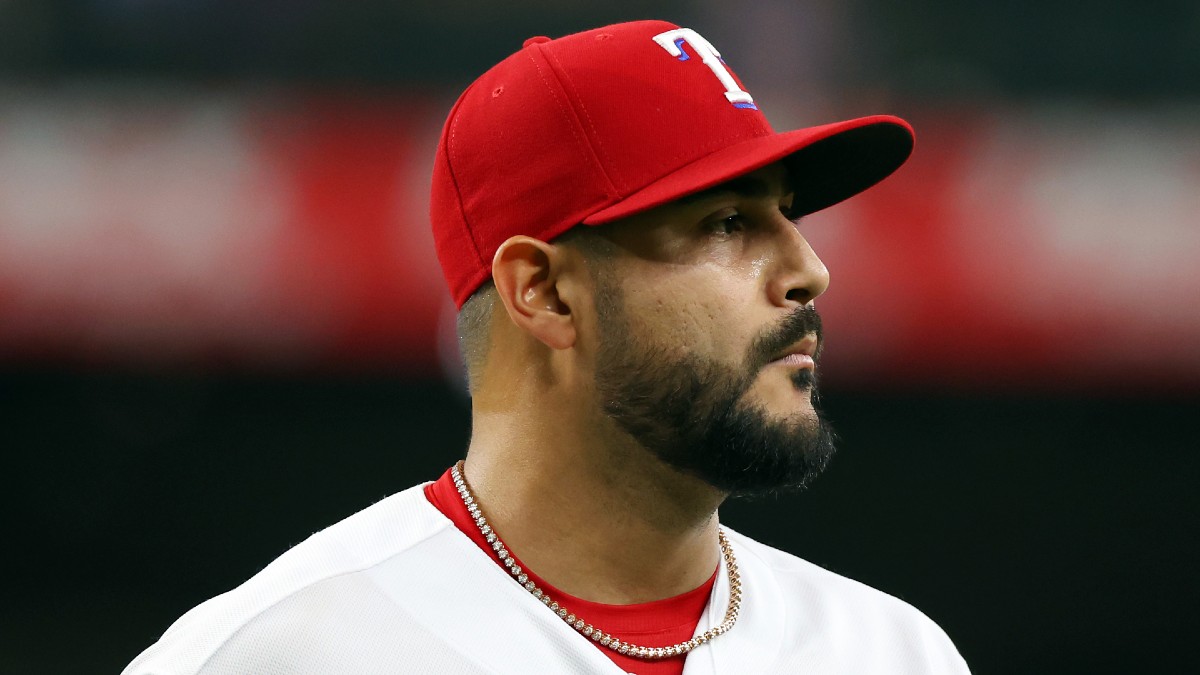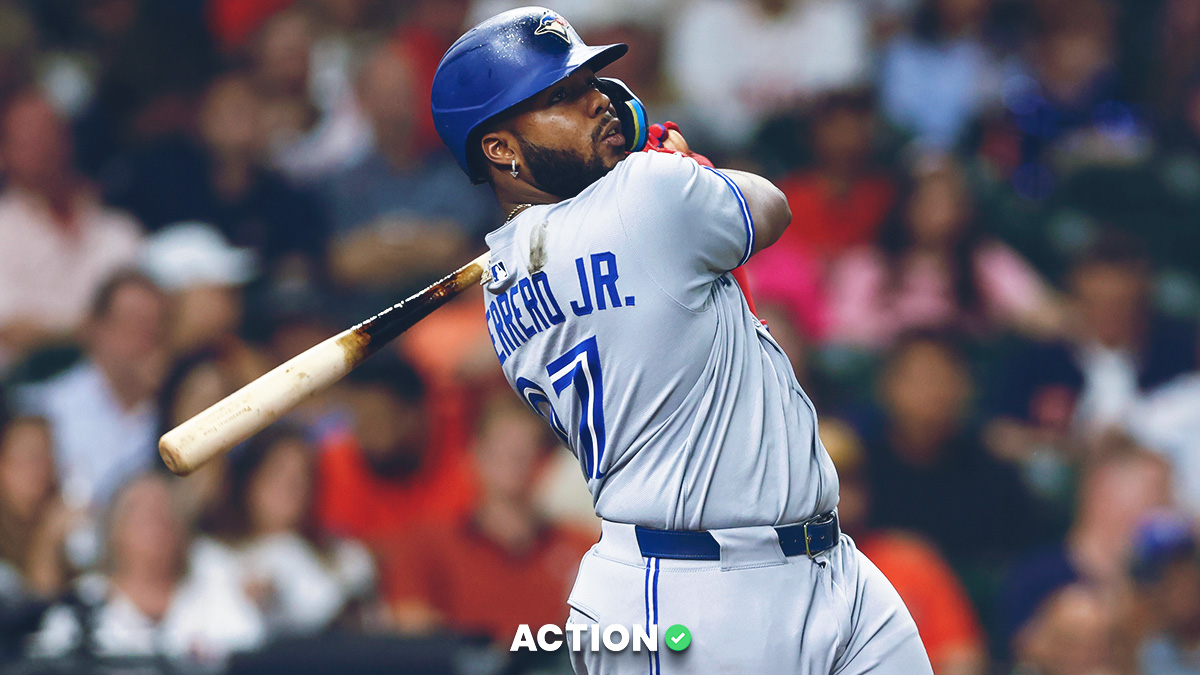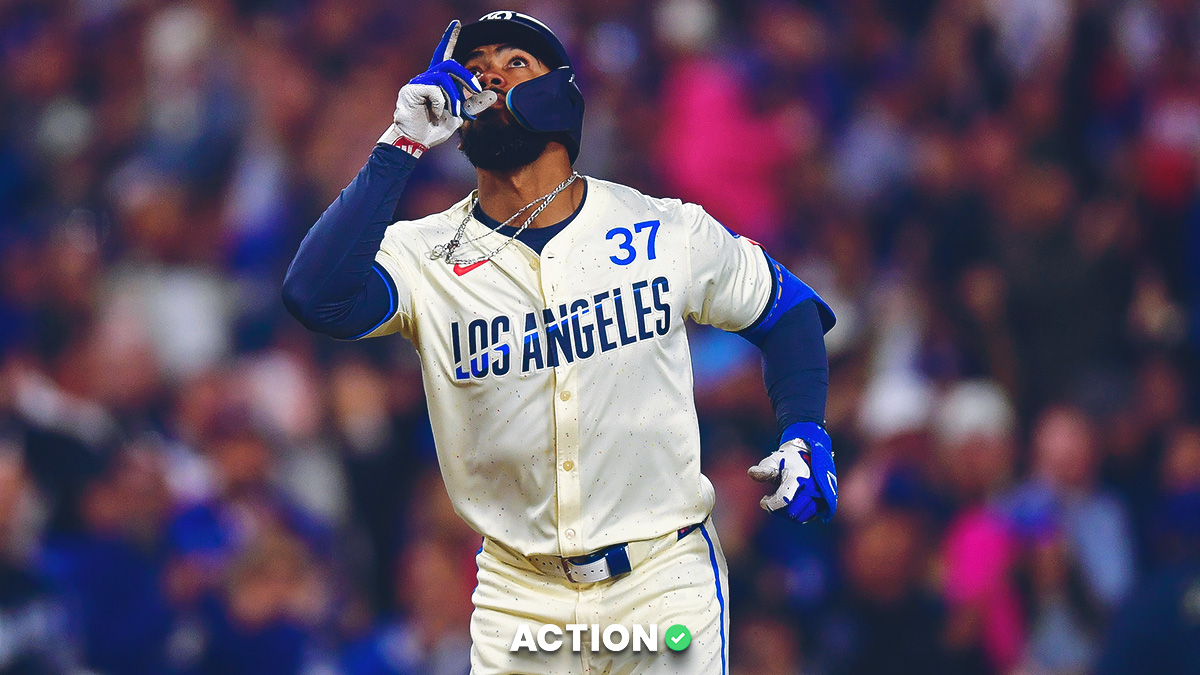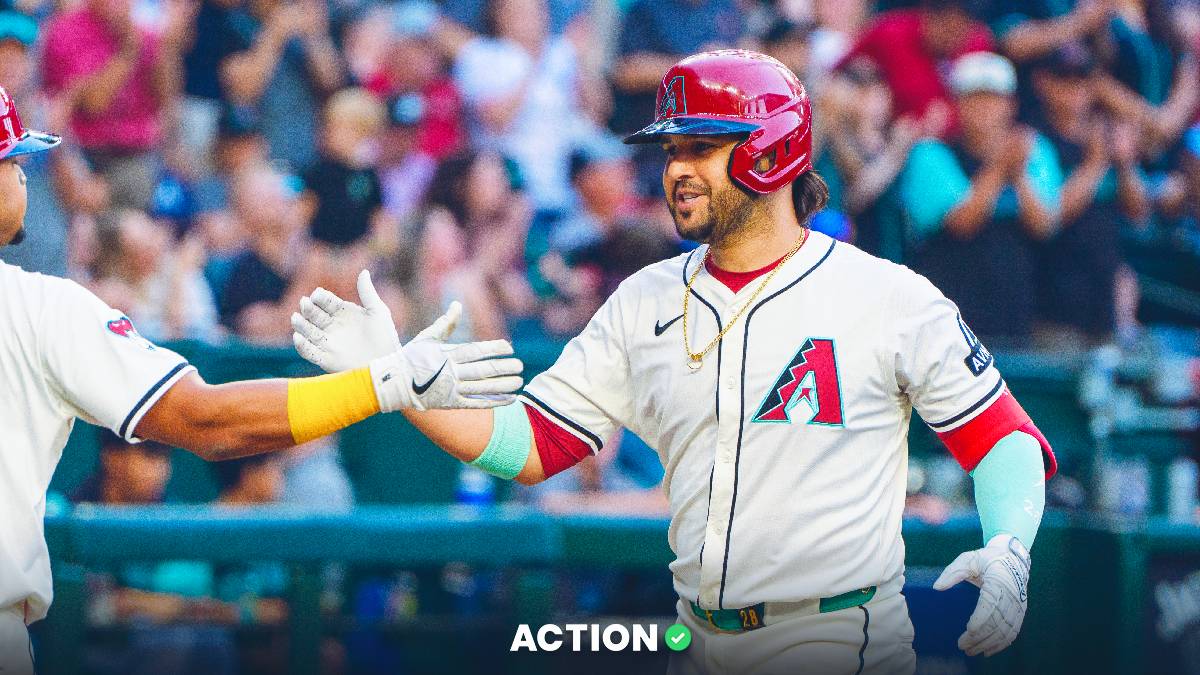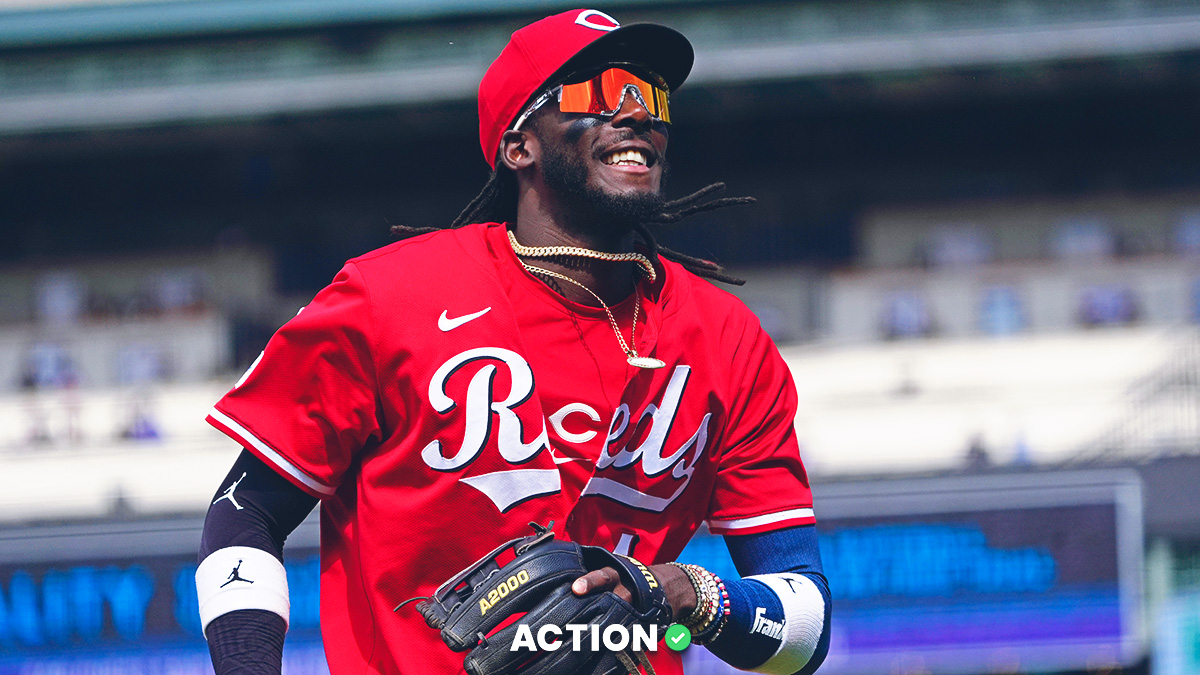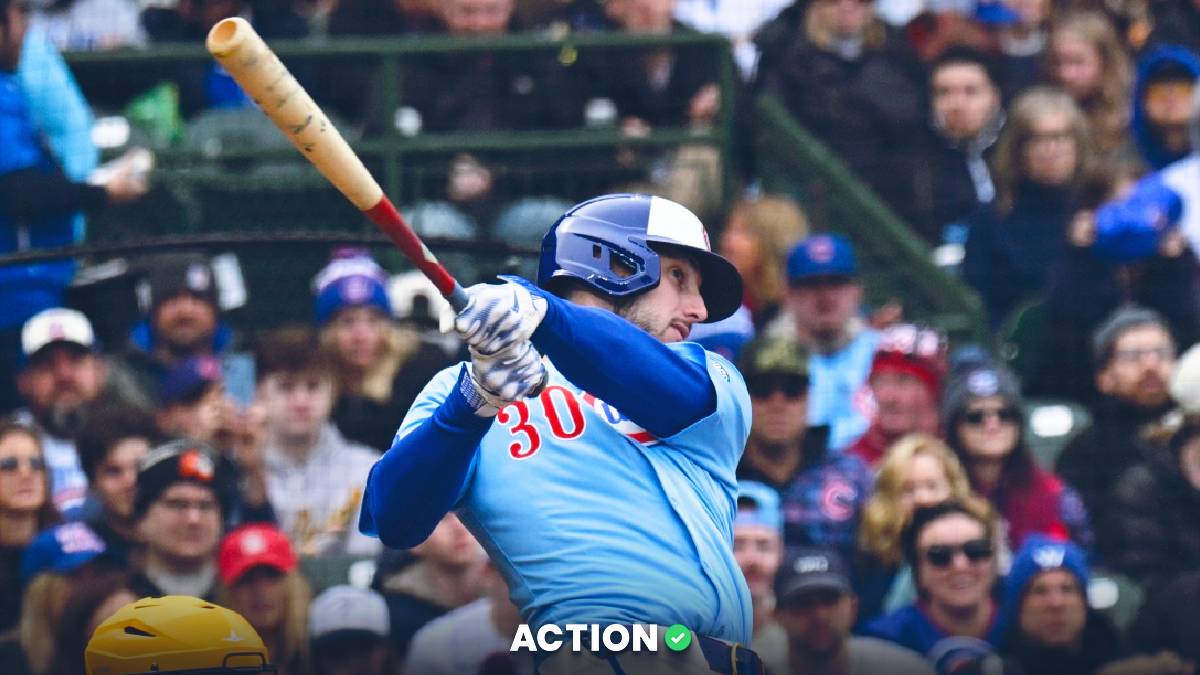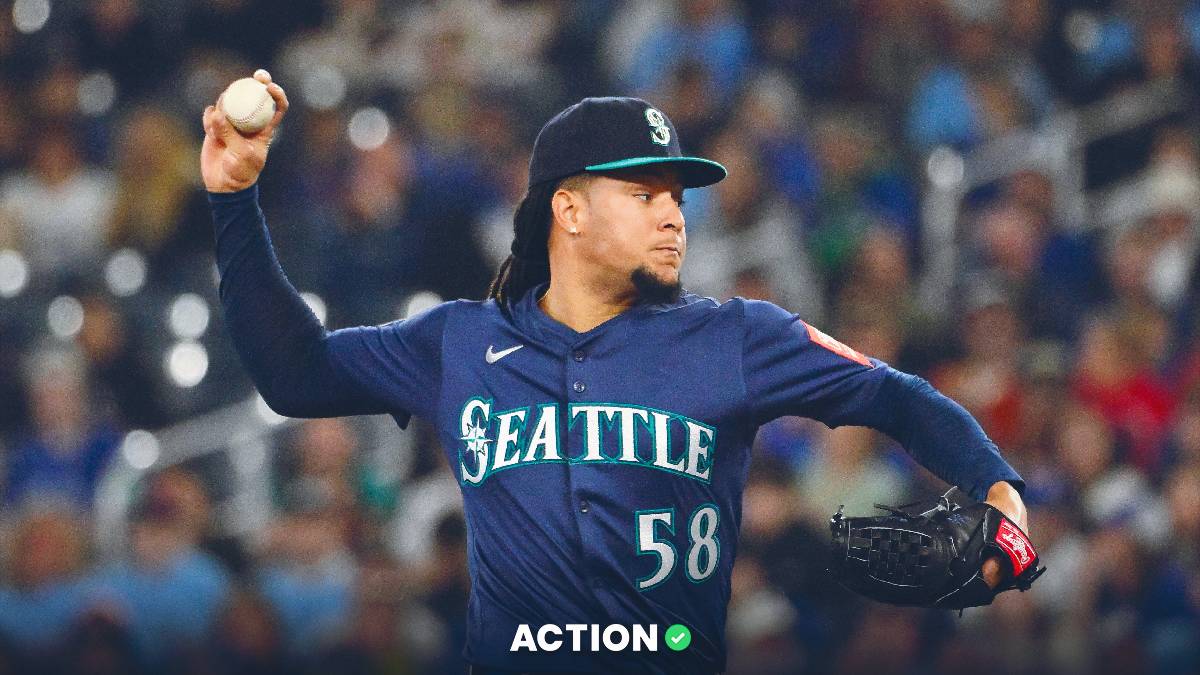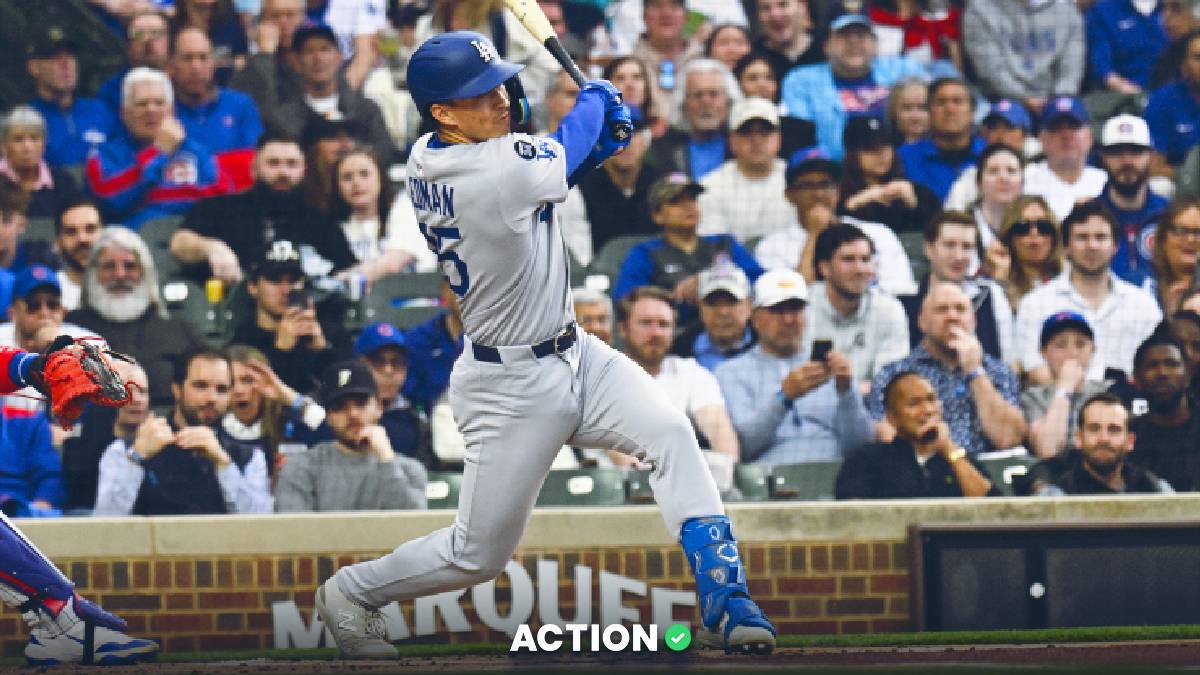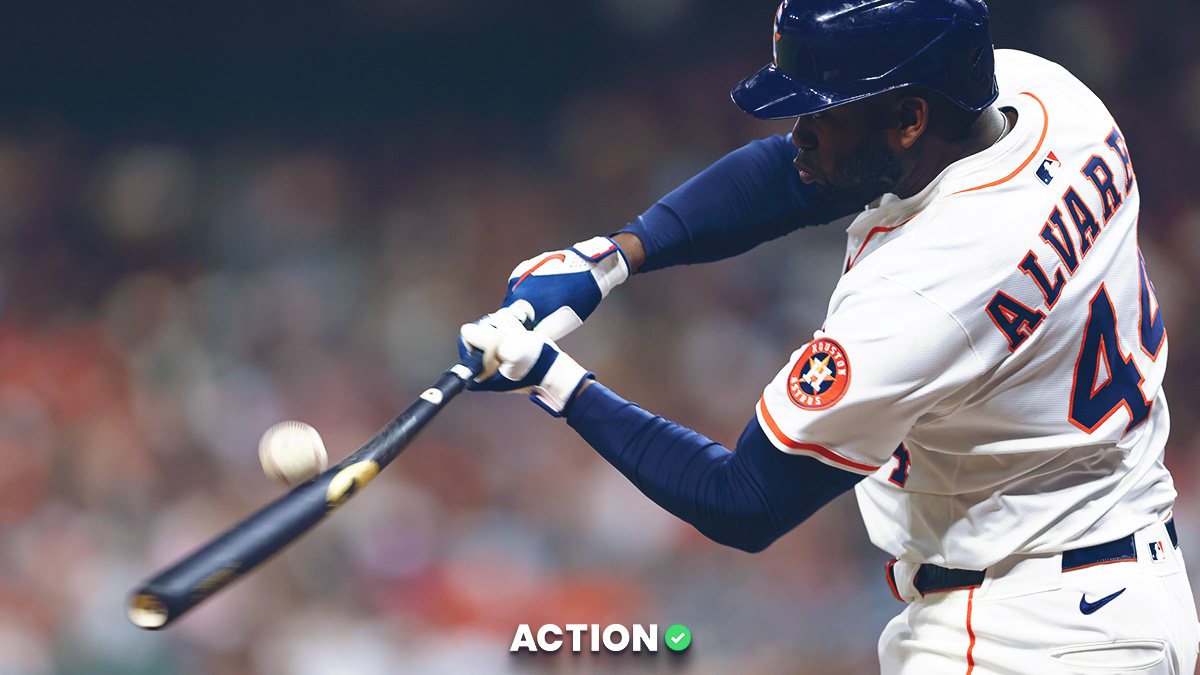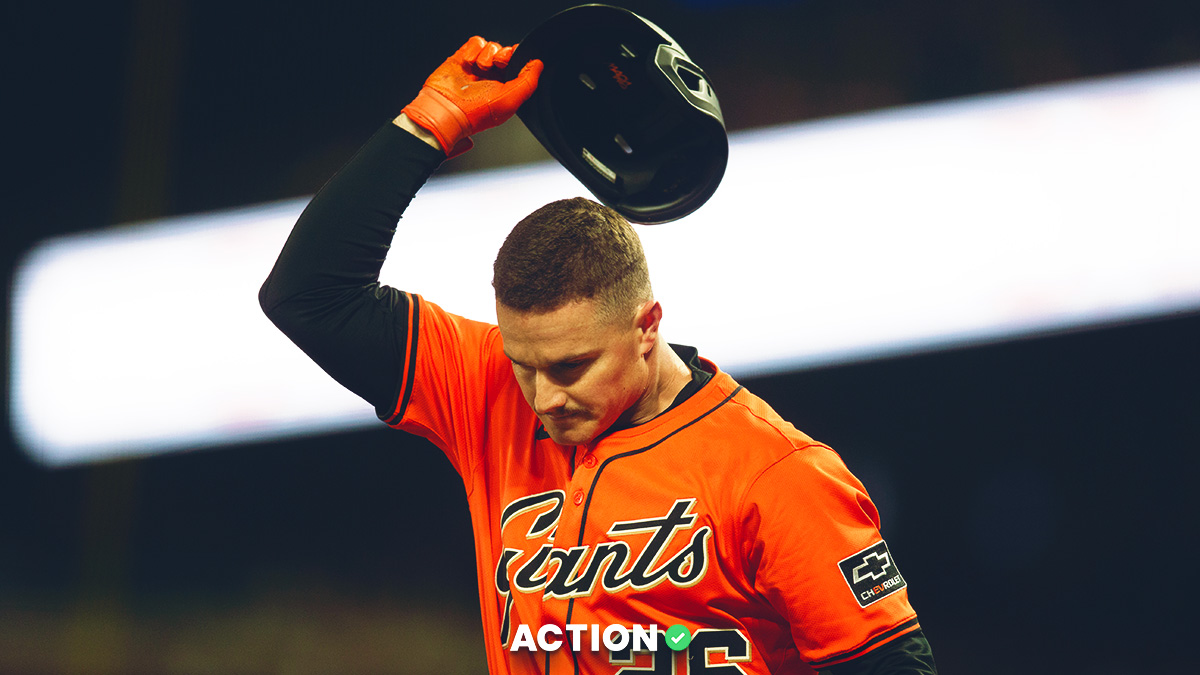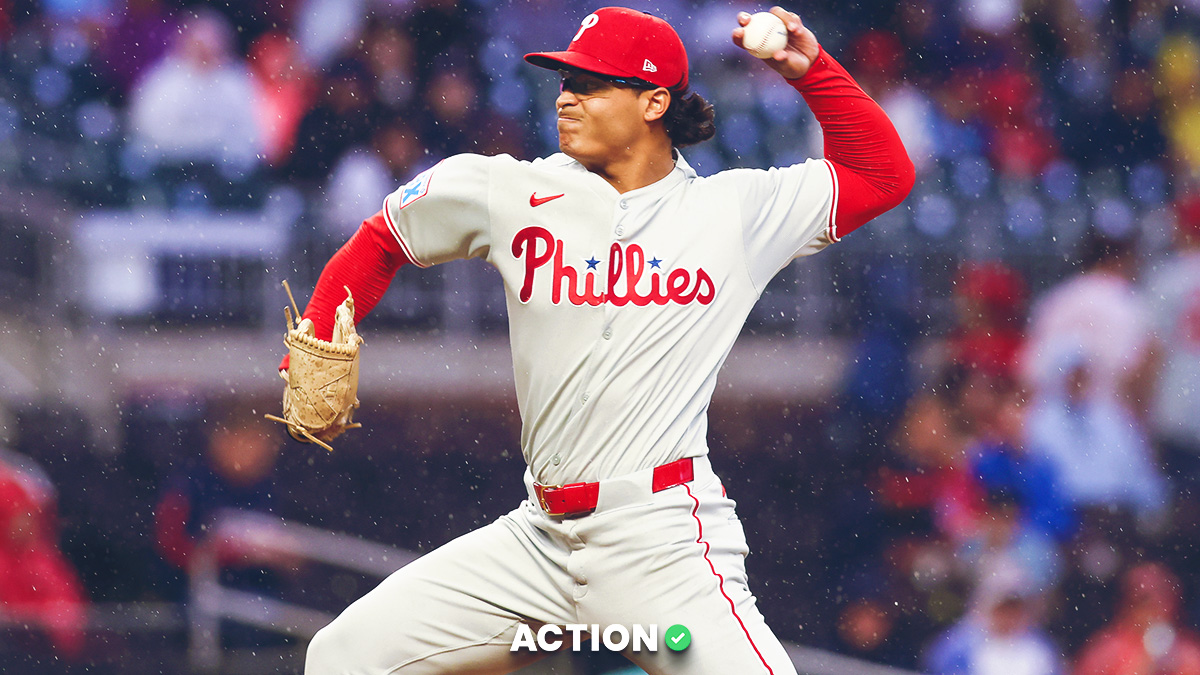Yesterday didn't go as hoped, with a 2-4 day, including a fairly bad beat on the last out in the Yankees-Mariners game. Still, we're slightly in the black for the week, with a chance to improve on it further tonight.
The Model
The process is relatively simple. First, I start by assuming that the full game (implied) run totals for either team are roughly efficient. As mentioned above, that tends to be the case more often than not. This saves me the trouble of trying to predict the total runs scored in the game — and allows me to focus strictly on the "when" rather than "how many."
Next, I built a database of pitchers' performance the first time through the order, relative to their overall stats. Since the latter is presumably baked into the full game total, I wanted to figure out if those runs are more likely to come early or late. Most — but not all — MLB starters do somewhat better early in games, but with some variance in just how much. The model uses xFIP (expected Fielding Independent Pitching) as the ERA predictor of choice.
That's only half of the equation, though, with the offenses making up the other half. To do this, I looked at what percentage of a team's total runs is produced by the top three batters in the lineup. While a first-inning run scored, by definition, needs at least four hitters to come to the plate, one of the first three has to actually score it. The metric of choice here is wRC+, based on the projected lineup for the day from each team.
This is a bit of a tradeoff, as lineups (and run totals) can shift throughout the day, especially if significant contributors miss time. However, in my experience, the inefficiency of the morning lines more than makes up for the leakage in the model. With that said, exercise caution if, say, Mike Trout is listed as questionable for the night's game.
The Picks
With all of the picks below, I'll include the pick, the best line and the threshold I'd bet it to. These will go up in the morning, so if any major news breaks between publishing and when you read it, be sure to consider that.
Infrequently, rather than betting on the traditional YRFI/NRFI, the pick will be on one team or the other specifically to score a run, which as of this writing is only a betting option at DraftKings. Since the model handles each team individually, sometimes one team is projecting for a greater proportion of the "run equity" in the first inning than the betting lines are accounting for.
NRFI Odds, Picks for Wednesday, June 21
Tampa Bay Rays vs. Baltimore Orioles NRFI: This is something of a "strength-on-strength" situation, as both teams rank in the top half of the league offensively (both overall and from their top three hitters), while both pitchers have excellent splits the first time through the order.
The reasonably low eight-run total keeps my projection firmly in the NRFI category, though. We just need good pitching to beat good hitting for a single inning here.
Miami Marlins vs. Toronto Blue Jays YRFI: I have this one just below 50%, but that makes it a good bet at the plus-money odds we're getting. We've picked on Blue Jays starter Kevin Gausman before. He has excellent overall numbers but struggles his first time through the order. Make this a half-unit bet.
Pick: Marlins vs. Blue Jays YRFI |
Cincinnati Reds vs. Colorado Rockies YRFI: This game is in Cincinnati, but that's nearly as strong of an offensive scoring environment as Coors Field. Both teams involved rank in the top dozen or so teams in terms of production from their first three hitters, which furthers the case as well.
Minnesota Twins vs. Boston Red Sox NRFI: Both Minnesota and Boston rank in the bottom 10 in the percentage of their production coming from the top of the order. While it's a moderate 8.5-run total, both starters are solid their first time through the order as well.
Pick: Twins vs. Red Sox NRFI |
Chicago White Sox vs. Texas Rangers YRFI: This one is mostly about the pitchers. Both starters have worse splits their first time through the order — though the double-digit total obviously helps as well.


